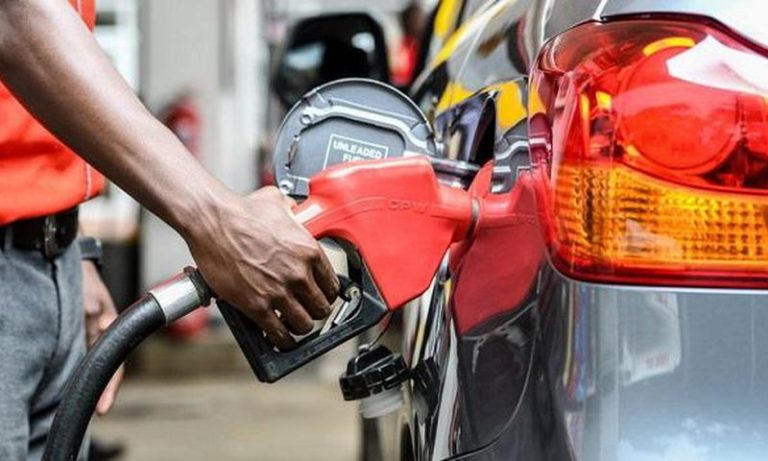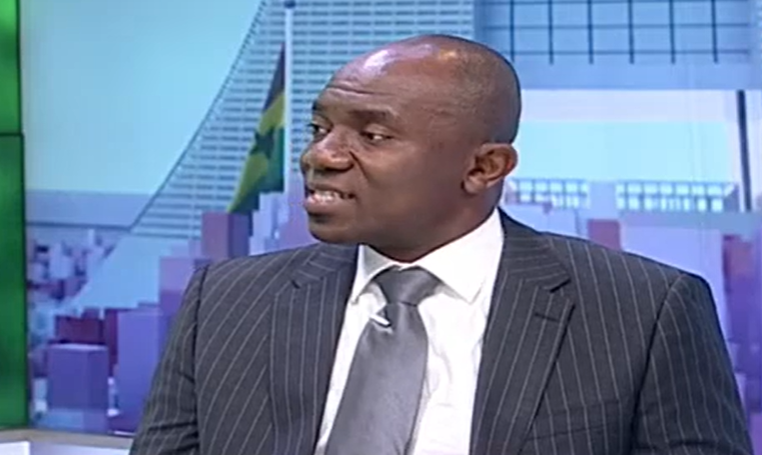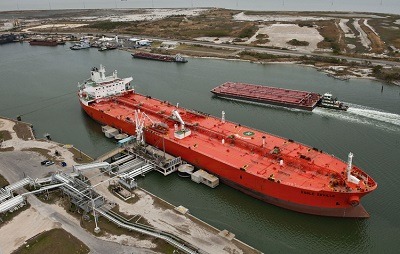Two entities are calling for the reopening of debate to scrap subsidies on fuel.
According to the Chamber for Bulk Oil Distribution Companies (CBODC) and the National Petroleum Authority (NPA), there was the need for a public debate on whether or not the government should continue spending millions of cedis on subsidies, instead of channelling the money into the provision and improvement of infrastructure.
The government currently owes bulk oil distribution companies (BDCs) about GHc1.3 billion, representing subsidies on petroleum products from July 2011 to December 2013.
The failure on the part of the government to settle the debt on time has compelled the banks to withdraw letters of credit (LCs) for the importation of finished petroleum products.
International suppliers of petroleum products placed a week’s supply of petrol and diesel under lock and key until the BDCs settled their debts.
The situation resulted in acute shortage of petrol and diesel across the country last week and early this week.
The problem got so precarious that long and winding queues began forming at most petrol dumps across the country.
In the ensuing struggle for fuel products, motorists had to park their vehicles, walk long distances in search of petrol and diesel, while others decided to join public transport to work and other destinations.
Government debt and subsidy
In an interview with the Daily Graphic yesterday, the CEO of the CBODC, Mr Senyo Hosi, said those scenarios were likely to be repeated if the government continued to subsidise petroleum products.
Calling for a debate on the issue, he said “the government cannot maintain this trend”.
Position of BDCs
While complaining that his members were faced with huge losses as a result of the government’s inability to pay its debts on time, Mr Hosi said the drift had to end because there was no point in sustaining the subsidy when the government had failed to make provisions for debts accruing on subsidies in its budget.
He agreed with the fact that the social needs of Ghanaians needed to be met and said it was imperative for the government to take into consideration whether or not the very persons at which the subsidies were targeted were, indeed, benefitting.
He suggested the introduction of other social intervention mechanisms to benefit the poor, instead of holistically subsidising fuel which, in the long run, benefited the elite the most.
“Scrap subsidies in their entirety because they are hurting the industry, the banks, the government and the consumer. You cannot continue to subsidise while you incur huge debts without coming out with clear-cut mechanisms on how to clear them on time,” Mr Hosi told the government.
Fuel situation so far
Touching on the fuel shortage situation, he explained that the problem had improved tremendously.
He said more than 22 million litres had so far been pumped into the system to mitigate the effects of the shortage.
Mr Hosi gave an assurance that the situation would normalise by close of work on Thursday.
He disclosed that the BDCs were working around the clock to ensure that things got back to normal.
NPA on subsidies
For his part, the Public Relations Officer (PRO) of the NPA, Mr Yaro Kasambata, said in as much as subsidies were not bad, it was important for the government to approach the issue holistically.
He indicated that the removal of subsidies was better because it would ensure debts did not pile up to create general inconvenience, as was being experienced by consumers, the very people the subsidies were meant for.
“There is a spill-over effect in the banking sector because it places a huge burden on the financial sector and the government,” Mr Kasambata noted.
The subsidies being recorded now, according to him, were price differentials on petroleum products which the government had absorbed on behalf of consumers.
While admitting that issues on subsidies were a government policy, he noted that the only way the government could sustain confidence in the petroleum industry was to do away with subsidies entirely.





